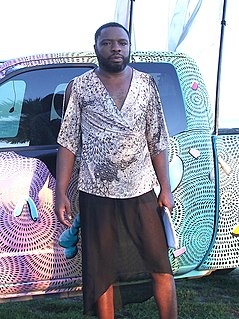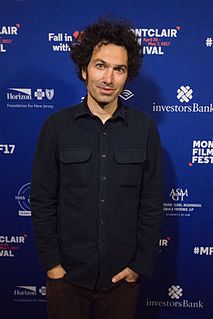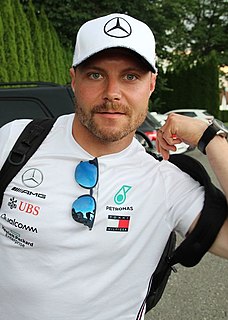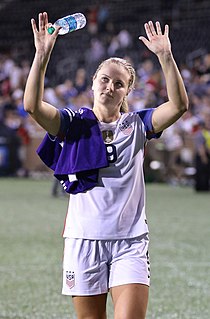A Quote by Michael Hersch
As I see it, the major requirements for a strong and able rendering are an understanding of a work's structure, voicing, and trajectory; an ability to execute the details on the page from largest to smallest; technical command, and hopefully a connection with the overall expressive impulse (though the latter is not at all necessary to give a good performance).
Related Quotes
Nature has but one plan of operation, invariably the same in the smallest things as well as in the largest, and so often do we see the smallest masses selected for use in Nature, that even enormous ones are built up solely by fitting these together. Indeed, all Nature's efforts are devoted to uniting the smallest parts of our bodies in such a way that all things whatsoever, however diverse they may be, which coalesce in the structure of living things construct the parts by means of a sort of compendium.
I just like voicing films in general. I do a lot of documentary work and it's a short hop really to narrating a character, especially if you're on film and you're there in a visual way. It sounds obvious, but voicing an animation really focuses you on the way that you're communicating through your voice. It's a very specific ability that you need to be able to have in order to pitch it just right.
There's a tendency at the senior and middle-manager level to be too big-picturish and too superficial. There is a phrase, "The devil is in the details." One can formulate brilliant global strategies whose executability is zero. It's only through familiarity with details - the capability of the individuals who have to execute, the marketplace, the timing - that a good strategy emerges. I like to work from details to big pictures.








































